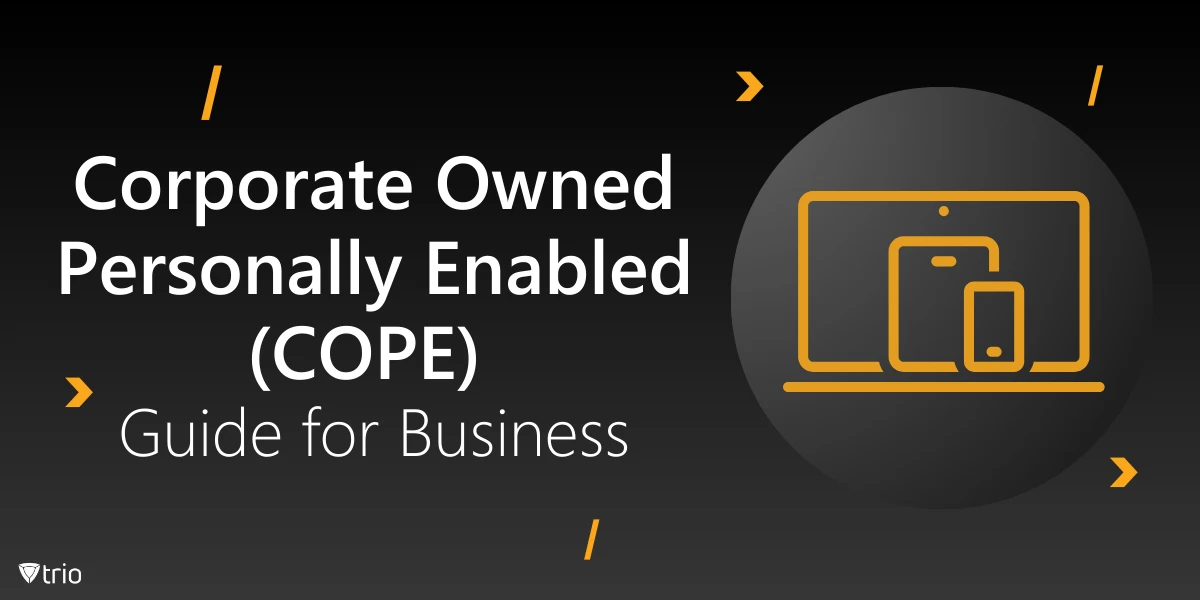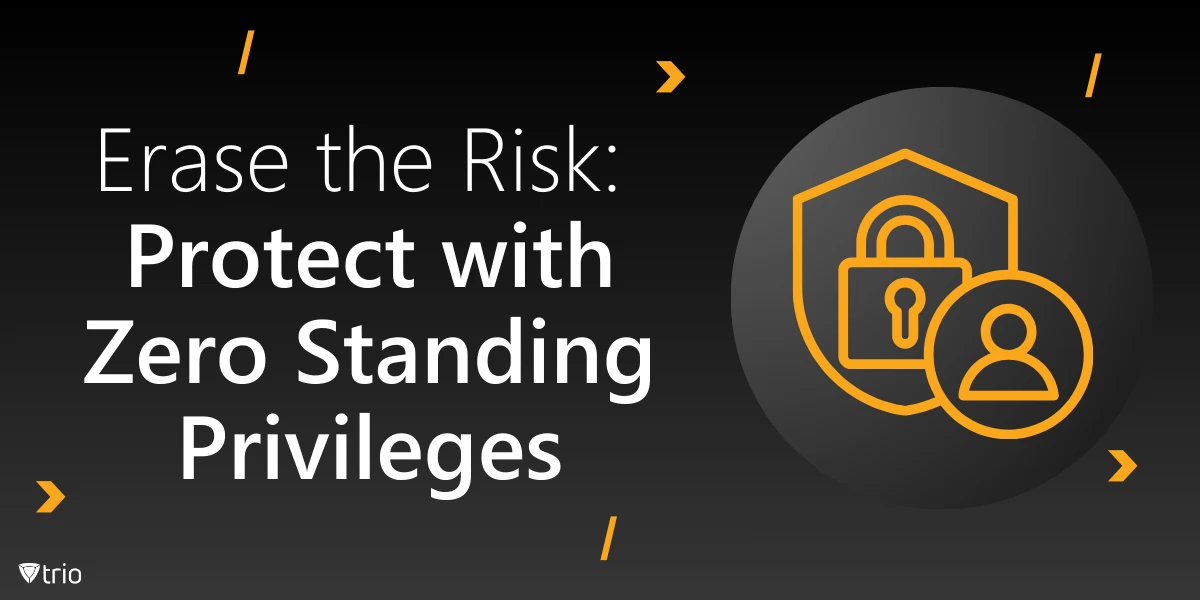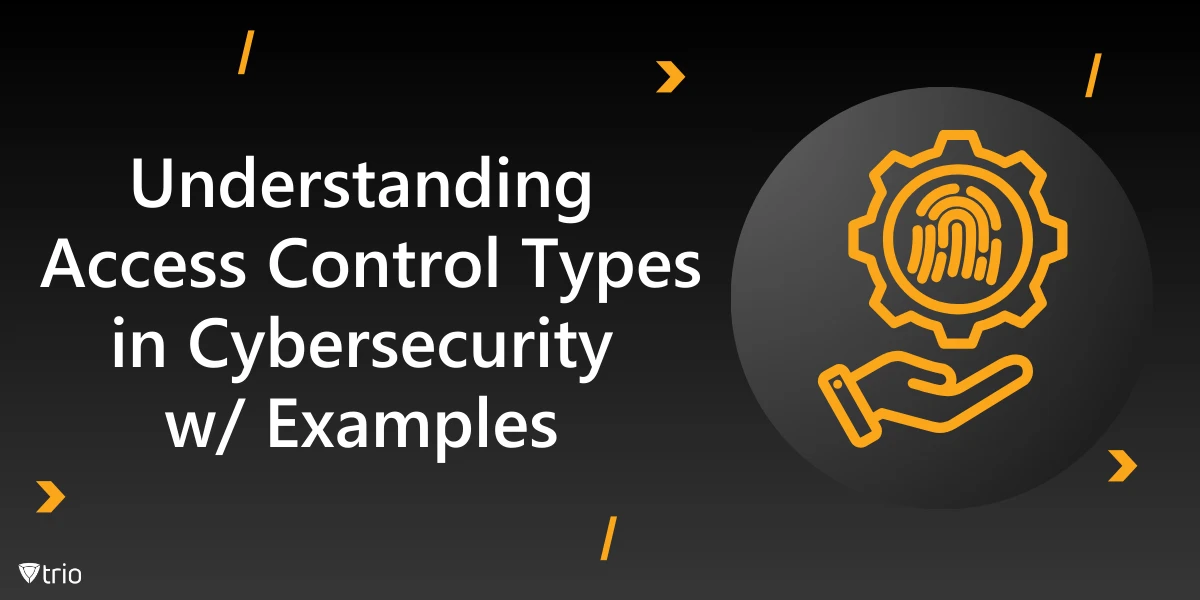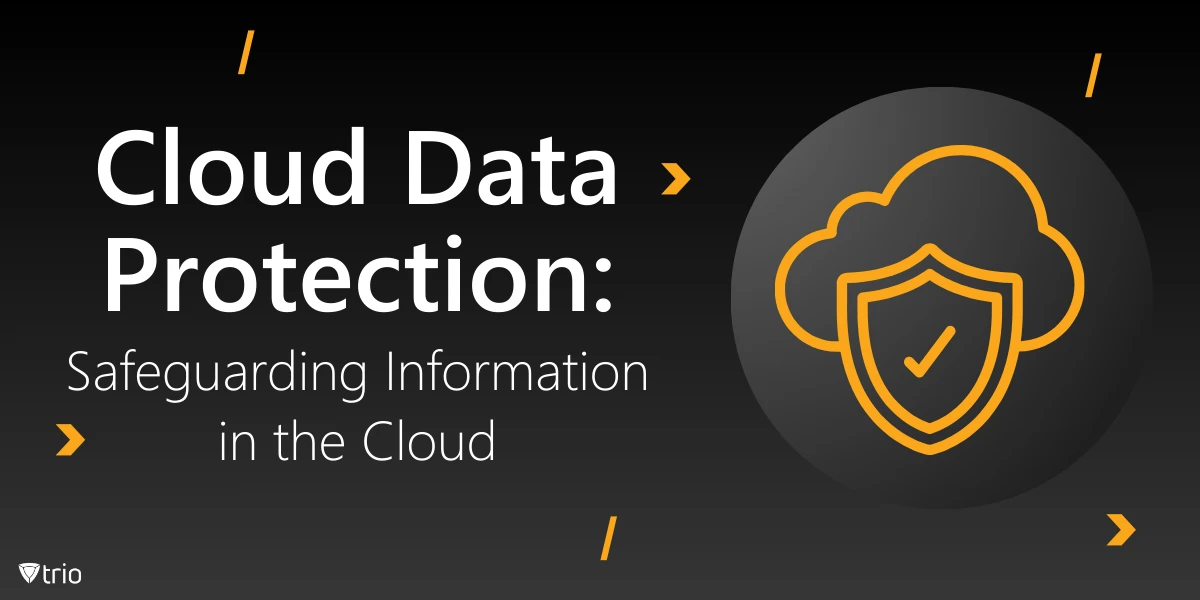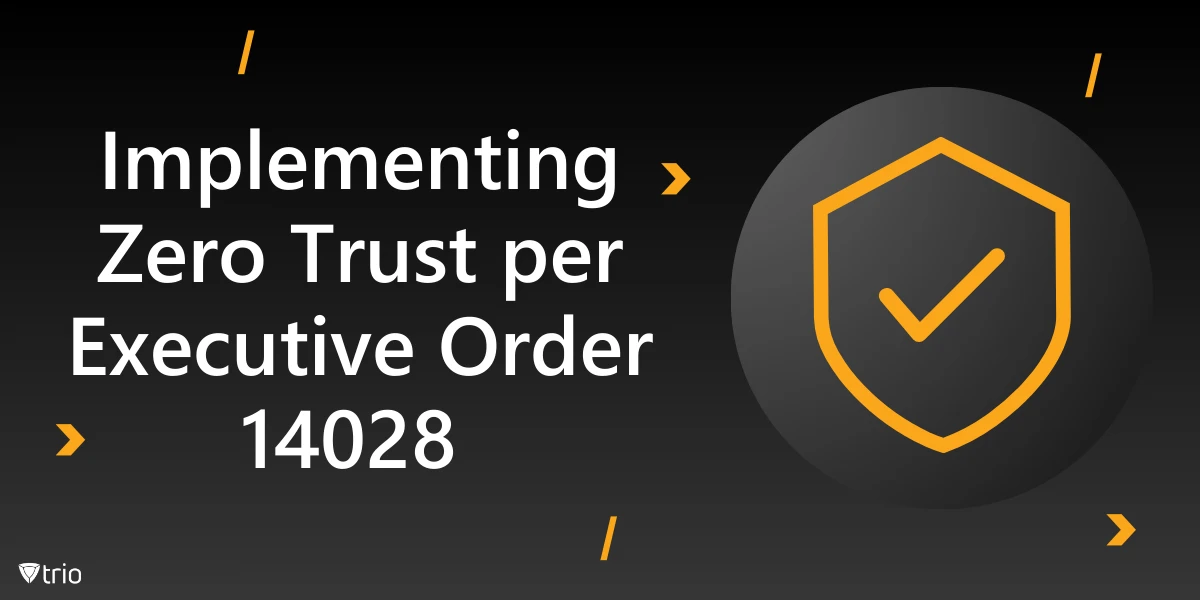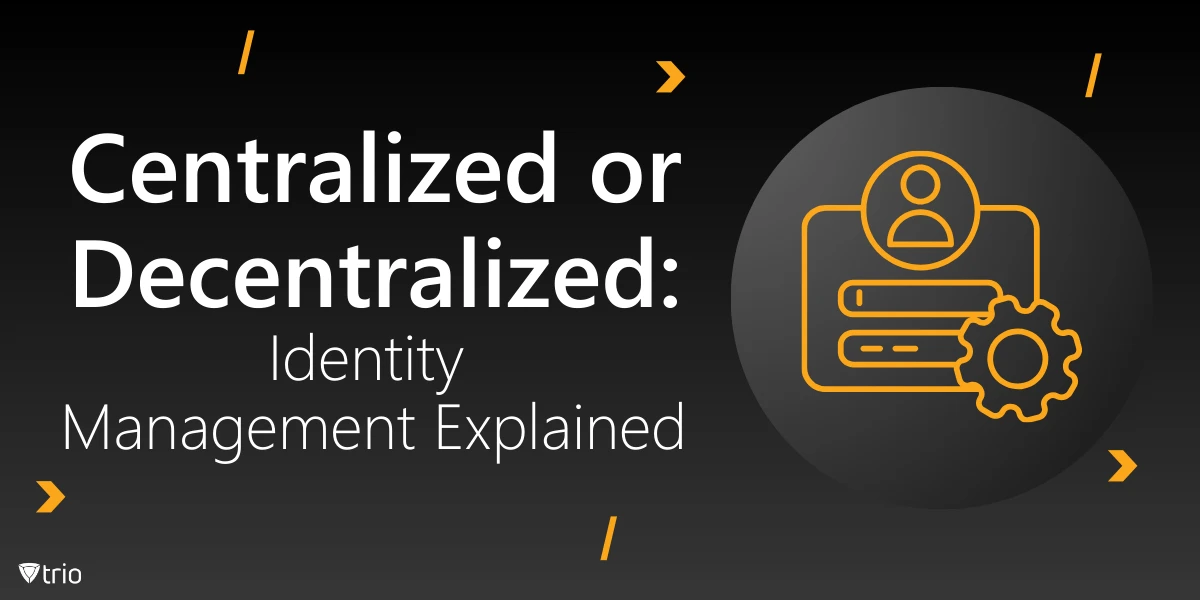Businesses are constantly seeking ways to optimize their mobile device management strategies. One approach that has gained significant traction is Corporate Owned Personally Enabled (COPE). This blog post will delve into the intricacies of COPE, its benefits, challenges, and implementation across various platforms.
What is Corporate Owned Personally Enabled (COPE)?
Corporate owned personally enabled cope is a mobile device management strategy that allows companies to provide employees with devices that are owned by the organization but can be used for both work and personal purposes. This approach strikes a balance between security and flexibility, addressing the needs of both employers and employees.
Corporate Owned Personally Enabled COPE Meaning
The COPE device meaning encompasses the idea of a dual-purpose device. It’s a company-owned asset that employees can personalize and use for their own needs, while still adhering to corporate policies and security measures. This model aims to increase productivity and employee satisfaction while maintaining control over sensitive data and applications.
Benefits of COPE
Corporate Owned Personally Enabled (COPE) offers a range of advantages for both organizations and employees. By striking a balance between corporate control and personal usage, this approach addresses many of the challenges associated with mobile device management in the workplace. Let’s explore some of the key benefits that make COPE an attractive option for businesses:
- Enhanced Security: Companies have greater control over device settings and can implement robust security measures.
- Cost-Effectiveness: Businesses can negotiate better rates with carriers and streamline device management.
- Improved Productivity: Employees can use a single device for both work and personal tasks, reducing the need to carry multiple devices.
- Simplified IT Management: IT departments can more easily manage and support a standardized set of devices.
COPE vs. BYOD
While Bring Your Own Device (BYOD) policies have been popular, cope corporate owned personally enabled offers several advantages:
- Greater control over data and applications
- Easier compliance with industry regulations
- Reduced risk of data breaches from personal apps
- Simplified device lifecycle management
Implementing COPE Across Platforms
Corporate Owned Personally Enabled (COPE) strategies can be implemented across various mobile platforms, each offering unique features and capabilities. While the core principles of COPE remain consistent, the specific tools and methods may vary depending on the operating system. Let’s explore how COPE can be implemented on some of the most popular mobile platforms, including Samsung, iPhone, and Android devices.
Corporate Owned Personally Enabled COPE Samsung
Samsung offers robust solutions for implementing COPE strategies:
- Knox Platform: Provides a secure environment for work-related apps and data.
- Knox Manage: Allows IT administrators to remotely manage and configure devices.
- Dual Persona: Enables separate work and personal profiles on the same device.
Corporate Owned Personally Enabled COPE iPhone
Apple’s iOS provides several features that support COPE implementation:
- Apple Business Manager: Simplifies device enrollment and management.
- Managed Apple IDs: Allows for separate work and personal accounts.
- App Store and Book Store: Enables businesses to distribute and manage apps and content.
Corporate Owned Personally Enabled COPE Android
Android Enterprise offers comprehensive tools for COPE deployment:
- Work Profile: Separates work and personal data on the device.
- Managed Google Play: Allows businesses to curate and distribute apps.
- Android Management API: Provides programmatic control over device policies and settings.

Challenges and Considerations
While COPE offers numerous benefits, there are some challenges to consider:
- Privacy Concerns: Employees may worry about their personal data being accessible to employers.
- Policy Development: Creating clear guidelines for device usage and data management is crucial.
- User Experience: Balancing security measures with a seamless user experience can be challenging.
- Legal Implications: Companies must navigate potential legal issues related to data ownership and privacy.
Best Practices for COPE Implementation
Implementing a Corporate Owned Personally Enabled (COPE) strategy requires careful planning and execution to ensure its success. By following these best practices, organizations can maximize the benefits of COPE while minimizing potential risks and challenges. Here are key recommendations for a smooth and effective COPE implementation:
- Develop Clear Policies: Establish guidelines for device usage, data management, and security protocols.
- Provide Training: Educate employees on the benefits and responsibilities of using COPE devices.
- Implement Mobile Device Management (MDM) Solutions: Use robust MDM tools to manage and secure devices effectively.
- Regular Audits: Conduct periodic reviews of device usage and security measures to ensure compliance and identify areas for improvement.
- Offer Support: Provide dedicated IT support for both work-related and personal device issues.
The Future of COPE
As mobile technology continues to evolve, COPE strategies are likely to become more sophisticated. We can expect to see:
- Advanced AI-driven security measures
- Improved integration between work and personal profiles
- Enhanced containerization technologies
- More flexible management options for IT administrators
Trio MDM: Streamlining COPE Implementation
In the realm of Corporate Owned Personally Enabled (COPE) strategies, Trio MDM emerges as a powerful solution for IT managers and organizations. Developed by SternX, Trio is designed to simplify and enhance the management of corporate devices, making it an ideal tool for implementing COPE policies.
Key Features of Trio MDM:
- Comprehensive Device Management: Trio allows IT administrators to efficiently manage and monitor corporate-owned devices across various platforms.
- Security Enhancement: With robust security features, Trio helps protect sensitive corporate data while allowing personal use of devices.
- Policy Enforcement: Easily create and enforce COPE policies across all managed devices, ensuring compliance with company guidelines.
- User Privacy Protection: Trio respects employee privacy by clearly separating work and personal data, addressing one of the main concerns in COPE implementation.
- Simplified Deployment: Streamline the process of setting up and configuring corporate-owned devices for personal use.
- Real-time Monitoring and Reporting: Gain valuable insights into device usage and security status, enabling proactive management.
Trio MDM addresses many of the challenges discussed earlier in this blog, offering a balanced solution that caters to both organizational security needs and employee preferences. By leveraging Trio, companies can confidently implement COPE strategies, knowing they have a reliable tool to manage and secure their mobile fleet.
We invite IT managers and organizations interested in optimizing their COPE implementation to experience the benefits of Trio MDM firsthand. Sign up for our free demo today and discover how Trio can transform your corporate device management strategy.
Conclusion
Corporate Owned Personally Enabled (COPE) represents a powerful approach to mobile device management that balances the needs of businesses and employees. By providing company-owned devices that can be used for both work and personal purposes, organizations can enhance security, improve productivity, and streamline device management.
Whether you’re considering corporate owned personally enabled cope Samsung, iPhone, or android solutions, the COPE model offers a flexible and secure way to manage mobile devices in the corporate environment. As technology continues to advance, COPE strategies will likely play an increasingly important role in helping businesses navigate the complex landscape of mobile device management and security.
Know about news
in your inbox
Our newsletter is the perfect way to stay informed about the latest updates,
features, and news related to our mobile device management software.
Subscribe today to stay in the know and get the most out of your mobile
devices with our MDM solution app.
Recent Posts
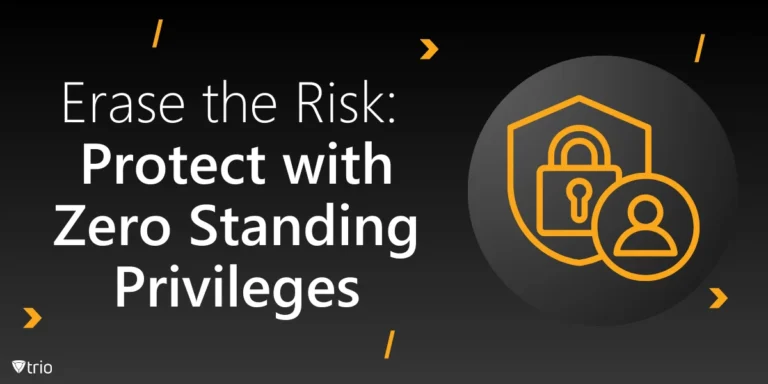
Erase the Risk: Protect with Zero Standing Privileges
Learn how zero standing privileges eliminate persistent access rights, enhance data security and reduce the risk of unauthorized access.
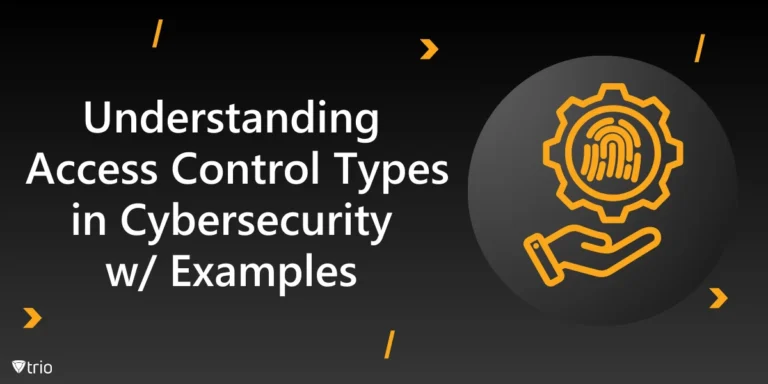
Understanding Access Control Types in Cybersecurity w/ Examples
Thorough understanding of access control types & the knowledge to make informed decisions about implementing security measures in your organization.
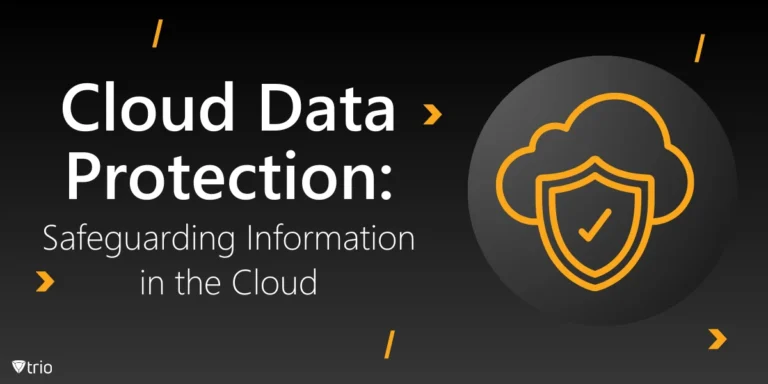
Cloud Data Protection: Safeguarding Information in the Cloud
Learn essential strategies for robust cloud data protection, exploring tools, best practices, and policies that safeguard sensitive information.
